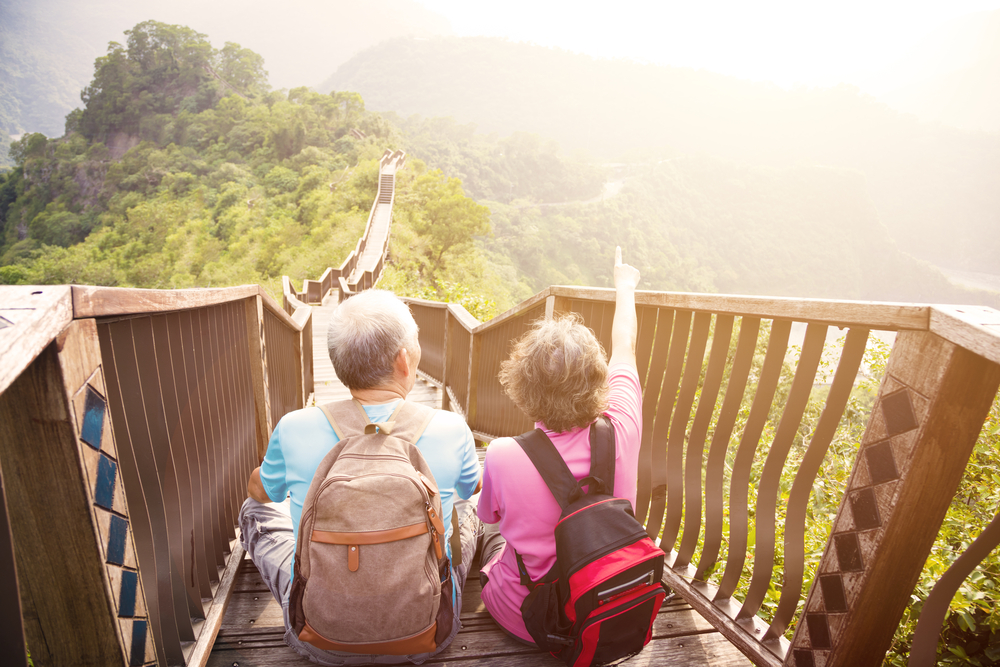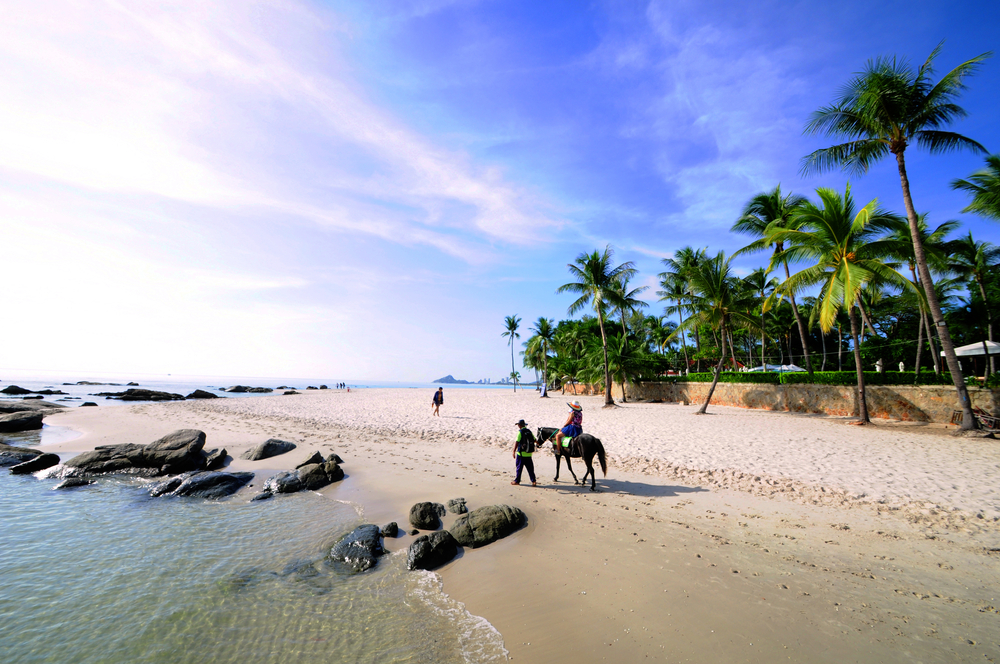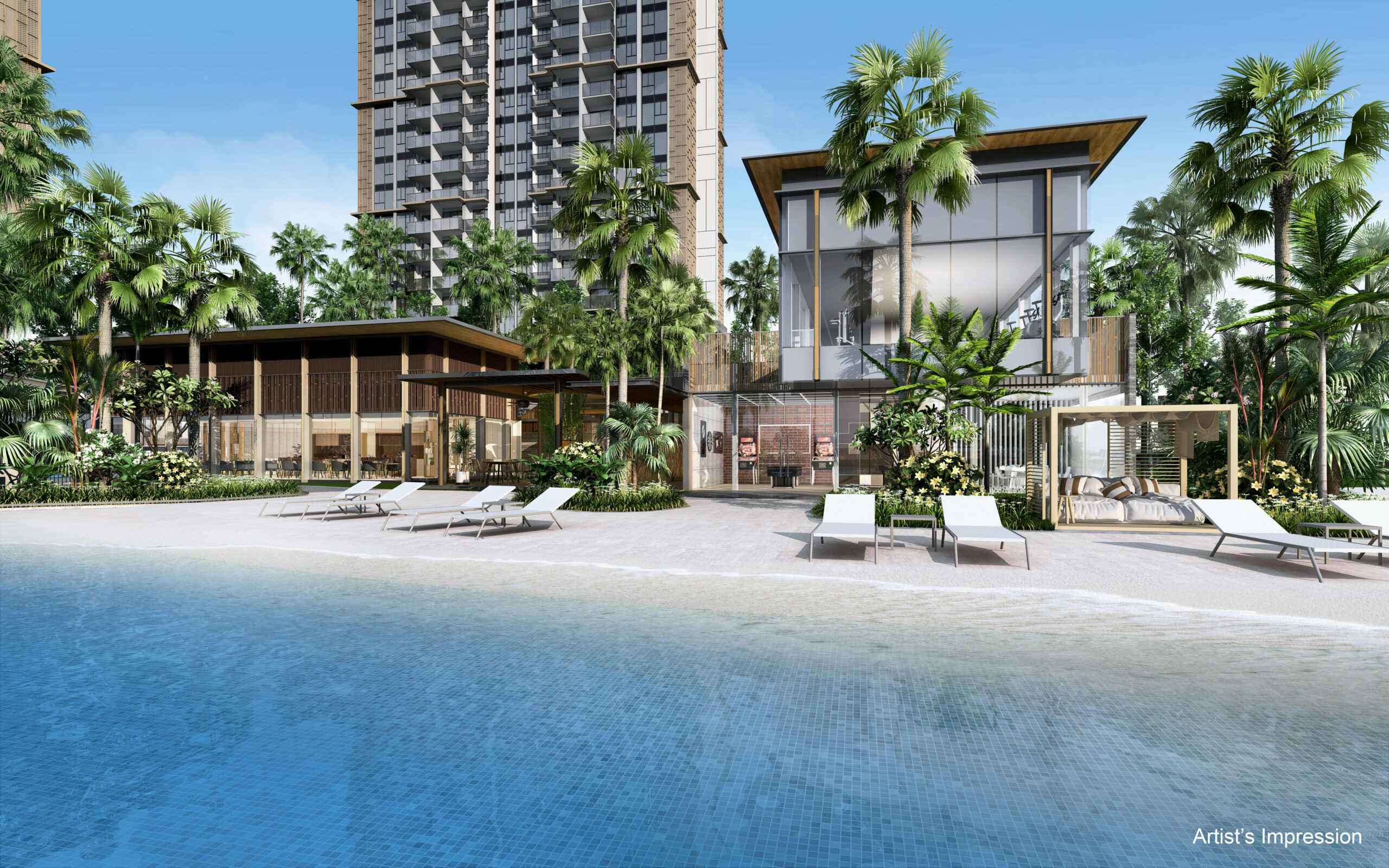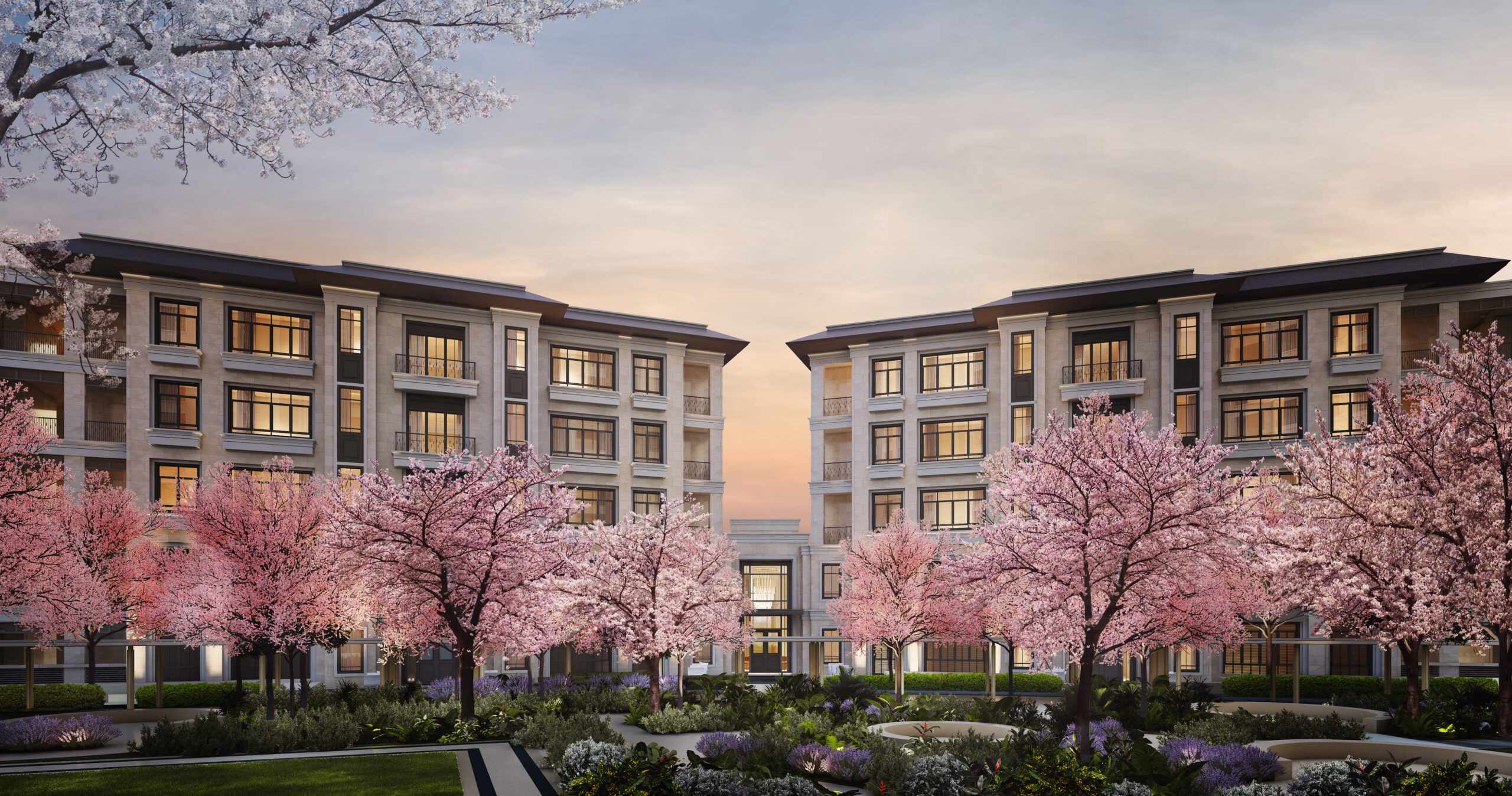Ok, boomers, Gen X’ers: Where are they now in their property journeys?
With several countries in Southeast Asia verging on becoming aged societies, catering to the requirements of mature investors will be a key challenge for developers

With the death of Queen Elizabeth II, King Charles III, one of the world’s most visible baby boomers, inherited a USD25-billion real estate portfolio. Down another generation is Elon Musk, one of the world’s richest men, who had owned a chunk of California housing stock with an estimated worth of nearly USD130 million.
But the Tesla CEO and Britain’s new monarch are unrepresentative of their demographic cohorts’ property journeys, not least in Southeast Asia. While boomers and Generation X fared better in wealth accumulation than millennials and Generation Z, these elder generations lived through unique challenges spanning everything from the Vietnam War to the AIDS pandemic. Now retired or in the later stages of their careers, boomers and Gen X’ers live out family dynamics and medical experiences specific to their timelines.
Developers and governments are primed for a sense of urgency around these generations as several countries in Southeast Asia verge on becoming aged societies. Thirty-three percent of the Thailand population would be aged 60 and over by 2040; in Malaysia, that proportion would be 15 percent by 2030. Citizens aged 65 and above now make up 18.4 percent of Singapore’s population.
Born from 1946 to 1964, boomers benefited from the prosperous economic growth cycle after World War II. Generation X, born in the succeeding years until 1980, actually saw the highest wealth increase among all cohorts during the pandemic. Its oldest members will turn 60 by 2025.

“If there’s one commonality among baby boomers and Generation X, I would say that the health costs are going to be higher for them,” says Dr. Nai Jia Lee, head of real estate intelligence at the leading proptech company PropertyGuru. “If the state has to provide a certain level of healthcare, it would be a drain on their resources.”
From Apple’s Steve Jobs to Tencent Holdings’ Ma Huateng, boomers and Gen X’ers came of age during—and even helped bring about—the advent of personal computers and other disruptive technologies, creating enormous wealth for entire generations.
The current landscape reflects how the economies of Southeast Asia have been good for wealth accumulation. Southeast Asia’s high-net-worth individuals (HNWI), defined as those with a net worth of over USD1 million, are expected to almost triple by the middle of the decade from 2016, according to the Wealth Report by the consultancy Knight Frank. The number of ultra-high-net-worth individuals (UHNWI), those worth USD30 million or more, hit 4,206 in 2021, up from 3,874 the year before, in Singapore alone.
“Wealth preservation will continue to factor highly for buyers in each generation,” says Christine Li, head of research at Knight Frank Asia-Pacific. “And often, properties with strong wealth preservation qualities are well located in areas that cater to what buyers from each demographic cohort are looking for in a home.”
Related: Where Gen Z and millennials stand now on the property ladder
The retirement community model that has worked well for boomers in western nations still has not gone mainstream in Southeast Asia, despite the best efforts of developers.
“Culturally, strong familial ties and expectations of filial piety mean the concept of retirement communities remains a niche sector in the region currently, although with scope to develop,” adds Li.
The idea of retirement communities could still gain traction with declining marriages and births in the region. Retirement homes are likely to appeal to Generation X, a cohort nicknamed “baby busters” because of the decline in birth rates following the baby boom. Such homes may not be a hard sell to the cohort sometimes dubbed the “Latchkey Generation” for their precocious levels of independence as children.
Ageing in place is a healthy concept, but that means having the necessary services and medical facilities to support this goal
As adults, Gen X’ers tend to delay or completely swear off marriages: a pattern being picked up by millennials.
“But the problem is many property seekers do not want to go into something that has a stigma,” says Lee. “Developers realise that when they incorporate some of the elder-friendly types of elements into housing, people may feel that this is going to be just a development for old people. So, they will shun that development.”
To many Southeast Asian seniors and retirees, the concept of ageing in place presents a better alternative to retirement resorts built far from their support systems. In-place ageing simply means growing old in a location of one’s preference and remaining part of that community for as long as possible, skirting expensive institutional care in the process.

“Ageing in place works and is more aligned with the Asian context,” Lee says.
“It is a healthy concept,” concurs Victoria Garrett, head of residential for Knight Frank Asia-Pacific, “but that means having the necessary services and medical facilities to support this goal. Property developers should remain cognisant of this trend and focus on intergenerational models to tap opportunities that could emerge from such demographic shifts.”
For ageing in place to be effective, governments need to rationalise their efforts around the most vulnerable segments of a greying society. At their best, the elderly can still be autonomous and sprightly, suitable candidates for active living communities—or incapacitated at their worst, shoos-in for residential care.
“The government has to create a financial ecosystem to help them, and that must be in place so that they don’t overstrain the healthcare sector,” says Lee. “Otherwise, if everyone doesn’t have that kind of social support, then you’ll make things very expensive and go out of hand.”
Singapore has given its neighbours a glimpse of what can be done with the prudent use of state resources. The Housing & Development Board (HDB) has launched its first assisted living public flats, featuring 24-hour emergency monitoring and accessibility features, for buyers aged 65 and above who want to live on their own. HDB also offers two-room flexi flats with lease terms as short as 15 years, in keeping with the property seekers’ reduced life expectancy.
The Singaporean government has also started such subsidies as the Silver Housing Bonus, supplementing the retirement incomes of elderly households when they rightsize their flats. Homeowners in their twilight years can also access the equity in their properties via reverse mortgages.

Inclusivity is as important as affordability; the property must play to the wider community. As younger generations forge housing pathways, experts advise empty nesters to rightsize in locations that hold the best value.
“If they are having the home for owner-occupation, they should be in places where they’re close to their kids and friends, where their social compact is, and where they have easy access to healthcare and different amenities,” says Lee. “This is very key because movement over time will be constrained.”
At times, the pull of nostalgia draws Generation X from large built spaces to neighbourhoods that hold a lot of memories for them. “They want to be where they were when they grew up,” says Lee. “That’s why we see a lot of gentrification happening.”
Not all Southeast Asian countries share Singapore’s foresight in protecting vulnerable age groups. Where Singaporeans reap the benefits of the central provident fund later in life, many boomers and Gen X’ers elsewhere endure insufficient retirement plans, if at all.
Related: The workplace reimagined in Singapore
Boomers can generally depend on the financial support of their children later in life. The reverse is also true for the many Gen X’ers who decide to remain single. “If the proportion of singles is going to be larger, then that would be an issue because they would not be supported by their kids,” says Lee. “There must be a financing ecosystem to support them.”
But retirement itself is a concept in progress. Today, Generation X and succeeding cohorts are finding their work lives being extended. Since July, the retirement age in Singapore has been raised to 63, gradually rising to 65 by 2030.

It stands to reason that the housing solutions shunned today may well be tomorrow’s norms. “All these things don’t work out because of the social context that the family is fundamental,” says Lee. “Now that fundamental may change; it weakens every generation. It’s strong with the baby boomers, slightly weaker with Gen X, and even weaker with Gen Y as they transcend boundaries. The time after Gen Z is when things probably change.”
Although the increase in property prices and current tax laws may be prohibitive for first-time buyers, younger cohorts can tap the wealth accumulated by boomers and Generation X, plus the outstanding GDP growth generated across Southeast Asia in general.
“These next generations will be keen to manage and continually grow these inheritances, and property purchases will reflect such goals,” says Garrett. “Properties in core locations will be preferred and with the younger cohorts’ more global view, these will also span across the globe.”
This article was originally published on asiarealestatesummit.com. Write to our editors at [email protected].
Recommended
Why everyone is moving to Selangor and Johor: Malaysia’s real estate comeback
Malaysia’s upturn in fortunes is especially prevalent in secondary destinations such as Selangor and Johor
Penang’s silicon boom: How the US-China tech war is supercharging local real estate
Penang’s booming semiconductor industry has created ripples within the local real estate sector
New leader, new opportunities: How Hun Manet is shaking up Cambodia’s real estate game
Hun Manet is overseeing decent economic growth and widening access to the country’s real estate market for foreigners
Singapore embraces inclusive housing reforms amid resilient demand
The Lion City’s regulatory strength continues to exert appeal for international investors








